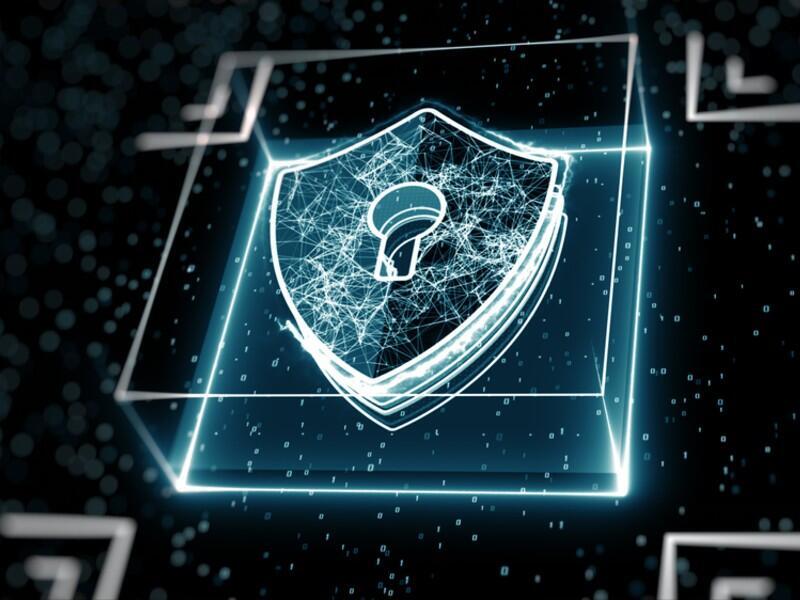



A study conducted by Remotely details the biggest challenges IT security professionals are facing with the change from in-office to remote work.

With remote and hybrid work becoming the norm for employees during the pandemic, system and IT administrators have found it difficult to cover all of the vulnerabilities of businesses, according to a study conducted by Remotely. The poll of 600 system and IT administrators was conducted in early January in areas of work such as education, consulting, government, financial services, telecom, marketing, sales and retail sectors.
“I found it surprising that the amount of time IT departments spend keeping users secure, because they are managing other issues to keep employees productive. was so low despite the alarming increase in vulnerabilities during the pandemic,” said Chris Battis, Remotely’s co-founder and chief revenue officer. “Additionally, there seems to be a recognizable gap between how much time IT executives think is being spent versus how much time technical staff report is being spent on keeping users secure.”
The largest issue faced by a remote IT team in keeping users safe and productive during the pandemic is keeping employees secure on a daily basis, according to 33% of system administrator respondents. Most of the IT professionals surveyed said that the challenges came from the rapid switch from primarily in-office to remote work when the COVID-19 pandemic set in and the lack of preparation time due to the quick shift.
Two-thirds of respondents said that on a daily basis, a big obstacle is protecting users from themselves, especially those who are using Windows OS to work remotely.
“For the greater part of two decades Windows has proven to be an amazing standard on which enterprises could rely and build their business. However, because these devices have become progressively cheaper and more prolific, we use them everywhere more and more,” said Remotely CEO and founder Tyler Rohrer. “Most users are primarily concerned with the creation or consumption of content in the course of doing their jobs, and not security. In fact many of the attributes that drive productivity are by themselves insecure.”
Rohrer went on to say that a variety of factors play a role in IT security, and those who do not work in the security field typically do not realize the number of variables that have to be accounted for to keep users safe in day-to-day operations. Working from convenient but not safe locations can play a large role in data security, and the type of device a user is working with also plays into how well a user can maintain their safety and still be productive.
Another large challenge comes with protecting employees against potential external threats. While workers were once safe behind the firewalls of their company’s in-office network, those layers of security have been lessened as workers are now utilizing personal and public networks that are typically not as secure.
“In the modern computing era, nothing has been more seismically disruptive to companies than the shift to remote work over the past two years. Think about it: early in the pandemic, over the span of only two months, most of the corporate world left the office and was forced to dial into their networks. This left IT and system admins scrambling just to keep the lights on, never mind ensuring the resilience of their networks’ security, which has also come under unprecedented assault,” said Rohrer. “That was two years ago, and since then system admins are still forced into an untenable choice of keeping users productive, or the company safe. Automation of the mundane jobs that are keeping system administrators away from the important work of ensuring their networks are secure is the best way to meet this new world order challenge.”
With system administrators working remotely without the advantages of the tools they once had behind in-office firewalls, 28% of those surveyed said their focus is ensuring the tools remote IT teams have access to are as good or better than the ones they had on site. Other large priorities for admins come in the form of remaining as productive as they were in the office, collaboration among their security team and tracking their own performances.
To help combat these issues, 27% said their places of work were implementing a private cloud strategy to help keep data secure, while 26% said their companies were employing a hybrid cloud setup.
No Related Post